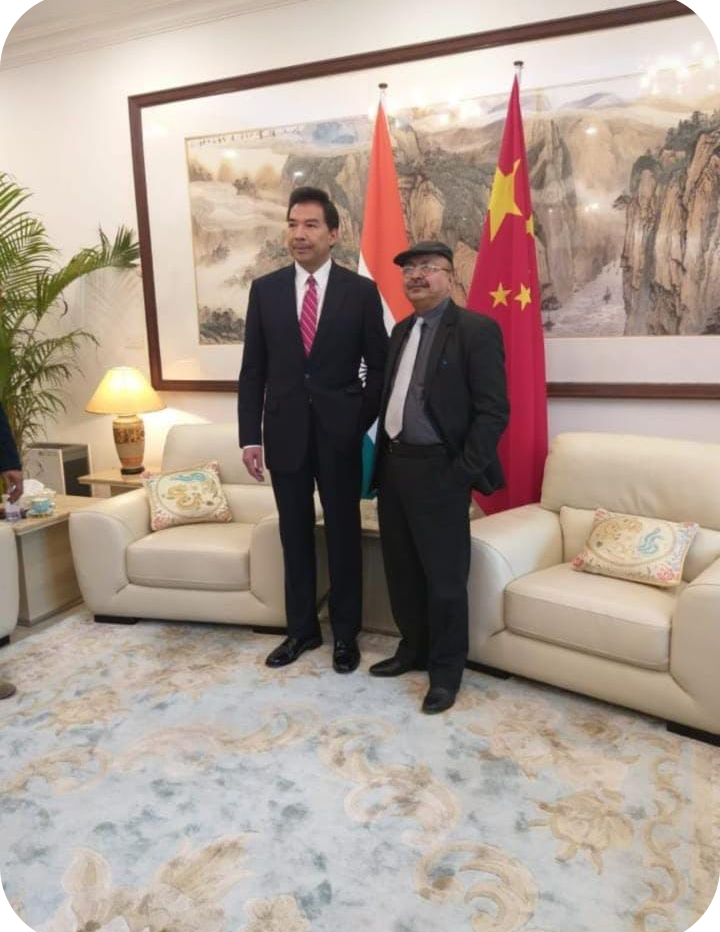
India, as the world’s largest democracy, is distinguished by its deep-rooted secularism, practiced by citizens of all religions. This unity, despite the country’s immense diversity, is beautifully reflected in its religious practices and festivals.
One of the unifying aspects of Indian culture is the tradition of pilgrimage. The Char Dham Yatra, for example, takes devotees across the country to Jagannath Puri in Odisha, Badrinath in Uttarakhand, Tirupati in Andhra Pradesh, Rameshwaram in Tamil Nadu, and Dwarika Puri in Gujarat. This journey fosters a sense of national unity among Hindus, as pilgrims traverse various states, spreading messages of faith and unity.
Similarly, festivals play a crucial role in bringing people together. The Ganapati Festival in Maharashtra, initiated by Lokmanya Bal Gangadhar Tilak, unites people of all religions, creating a month-long celebration of Lord Ganesh’s message of harmony. The Onam Festival in Kerala is another example, promoting brotherhood across South India. Durga Puja in Bengal stands out as a unique celebration of the Goddess of power and prosperity. This festival transcends religious boundaries, with people from all walks of life, including Hindus, Muslims, Christians, and Sikhs, participating in the crafting of Durga idols. The enthusiasm and spirit surrounding Durga Puja reflect Bengal’s inclusive nature.
Amid global challenges, such as the COVID-19 pandemic, Durga Puja offers hope and a prayer for the world’s healing. As the embodiment of Shakti, or power, Maa Durga is revered as a force capable of overcoming evil and restoring peace. The festival, deeply rooted in tradition yet inclusive in its practice, exemplifies the unity and resilience of the Indian spirit.
In celebrating Durga Puja, we honor not just a religious tradition but a collective hope for a better world, praying for peace and the destruction of all evils.

